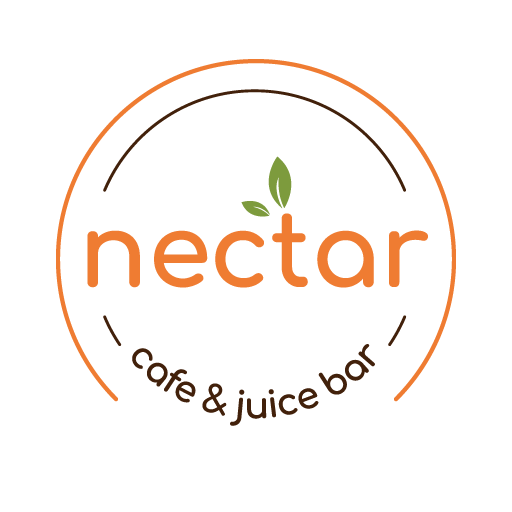local produce: saving agriculture & sustainable businesses
According to Green Matters, Local foods are generally fresher — since they don't need to be shipped anywhere, frozen in what's likely single-use plastic packaging — and they have less of an environmental impact, all in all. Eating locally is generally safer too, according to the Center for a New American Dream (CNAD).
Local produce means higher levels of animal welfare, lower levels of pesticides, fewer herbicides or artificial fertilizers, decreasing CO2 emissions, controlled fuel consumption, and sustainable land management – so there are whole ecosystems being saved!
Eating locally ensures that your food has not traveled thousands of miles using fossil fuels that produce large amounts of greenhouse gasses. It also ensures that your food hasn't been refrigerated for hours or even days, which also produces mass amounts of greenhouse gasses.
Local food products are fresher, nutritious and tastier and their counterparts. They spend time in transit, packaging, and storage. The food products you find at local farms, farmer's markets, and local shops are bound to be fresher than those in large retailers.
Locavores are defined by McGill as “people who try to choose locally grown or locally produced food that is in season. There are many definitions of "local food", but the concept is based primarily on distance. Many people like to purchase food locally by starting within their own community, then moving out to the region, province, country and so on. This type of food consumption is the basis for the popular 100-mile diet, which promotes buying and eating food that's grown, manufactured or produced within a 100-mile radius of the consumer’s home.”
These are some of the reasons why consuming food and drinks from local produce is sustainable and therefore, better:
It’s good for the environment. Local food doesn’t have to travel as far to arrive on your plate, so it helps reduce greenhouse gas emissions and contributes to improving our carbon footprint.
It benefits the local economy, including supporting local farmers and other producers.
It encourages sustainable agriculture, and facilitates tracking the supply chain back to the point of origin to evaluate ecological practices.
It ensures that food has passed some of the highest safety standards in the world. Very strict regulations regarding additives, pesticides, herbicides, etc. ensure that Canadian food is safe.
It may have a higher nutrient value, as food that is grown and harvested locally is usually given more time to ripen. This does not, however, automatically mean that local food is necessarily more nutritious, as other factors come into play (see below).
We might be biased, but we think eating local just tastes better. Have you ever tried any strawberry as good as a Quebec strawberry?

